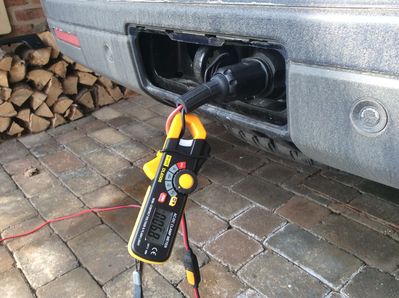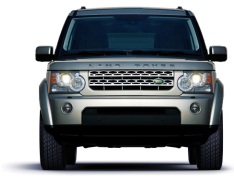Charging through towing socket
Contents
Introduction
Rather than lifting the bonnet and removing the battery cover, vehicles can be charged using the tow electric socket, if you have either twin 12N/S electrics (with two 7 pin sockets) or the 13 pin socket.
The wiring between the 12V positive pin below and the battery is fused on the vehicle but it is recommended to add an additional fuse in your electrics wiring for maximum safety. Choose a fuse with a rating a little over the maximum output of your charger but below the 15A rating of the tow electrics fuse.
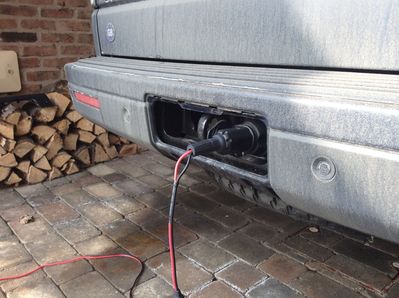
Ready Made
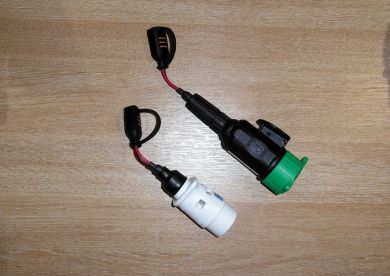
Ready made adapters are now available from the site shop. These include strain relief and sealing to help prevent water ingress into the plug. They are also fitted with an internal fuse for protection.
Pinout
12S
The 12S socket is the 'caravan' socket with the white cover:
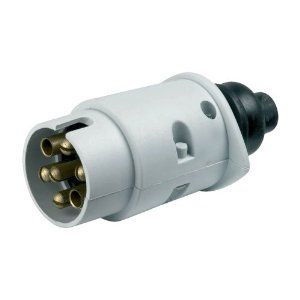
Pin 3 (31) Ground (Negative)
Pin 4 (R) 12V (Positive)
13 Pin
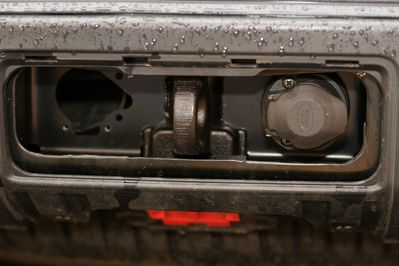
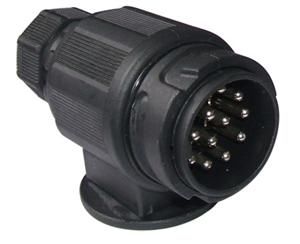
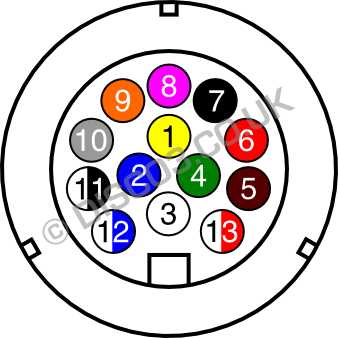
Note: Pin numbers in the diagram are looking at mating (pin) side of the PLUG or wiring side of the SOCKET
Pin 9 12V (Positive)
Pin 13 Ground (Negative)
Checking Voltage, Amperage & Powering Central Locking
You can also use the plug to test voltage with the car asleep, or to apply power to release the central locking in the event of a flat battery or just adding extra power when using diagnostic tools; seen here on Robbie's D4:
With the power lead suitably modified you can use a DC amp clamp on a single wire to see what current the battery is drawing from the charger. In this case 6.8 amps is been drawn from a 10 amp Ctek MXS10 (same vehicle as above but with its typical winter coat on):
